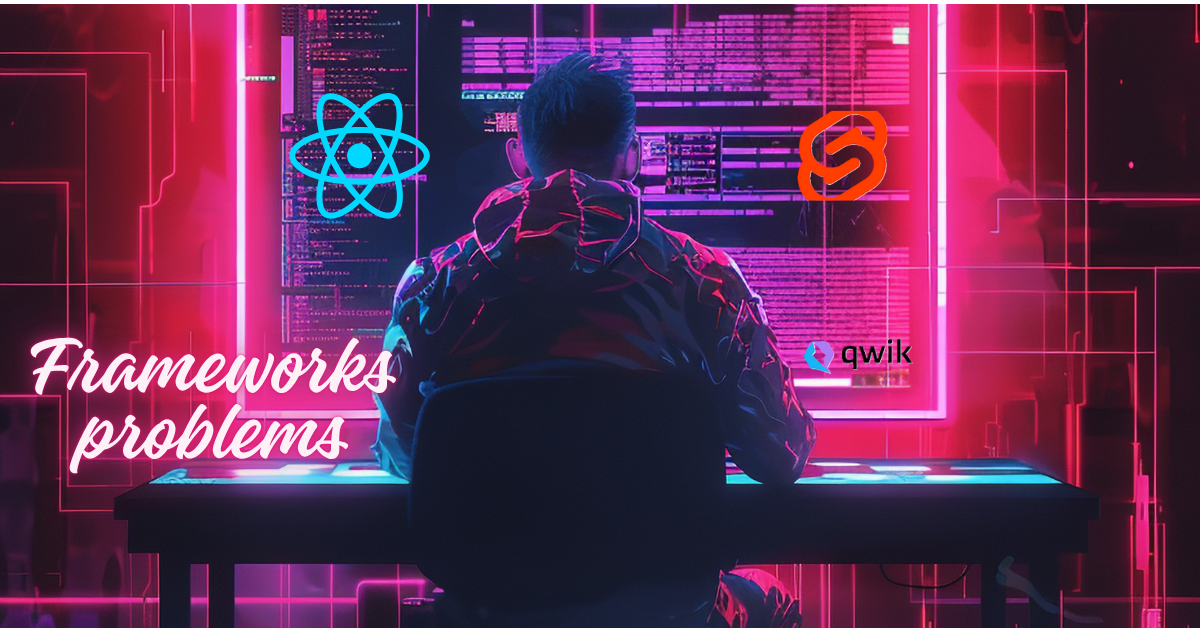Table of Contents
Introduction: The Illusion of “Free” Code
Open-source software powers nearly everything online—from operating systems like Linux to crucial frameworks like React. It’s glorified as the ultimate symbol of collaboration and innovation, accessible and free for all. But if we pause for a reality check, many guardians of these projects are silently struggling—some even quitting under the weight of unpaid and often invisible labor.
This blog explores that hidden toll, weaving together:
- Real voices from GitHub, Reddit, and developer blogs
- The trending dilemma of maintainer burnout, developer mental health, and sustainability
- My personal perspective as a blogger, programmer, and SEO expert
1. Real Voices: What Developers Are Saying
a) Maintainers Share Their Burnout Stories
“I shouldn’t be out enjoying myself. I should be working on Bootstrap!”
— Jacob Thornton, co-creator of Bootstrap, reflecting guilt and burnout while maintaining a major OSS library. devtechinsights.com
“I needed to choose between ‘keep my open-source project’ or ‘keep my mental and physical health.’”
— Rust contributor, summarizing the painful choice many devs face when the pressure becomes unbearable.
b) Data Speaks Loudly
- A Tidelift survey found 97% of open-source maintainers are unpaid, despite high commercial benefit from their work.
- 83% of developers report experiencing burnout, according to data from Haystack Analytics and JetBrains insights.
c) Reddit Developers Share Out Loud
From r/programming:
“As a developer, the main thing I want is breathing room… Not being pushed to deliver as fast as possible.”
An honest plea for sustainable expectations. Reddit
“I burned out twice in 14 years. After that, I stopped coding outside work entirely.”
A stark reminder that coding isn’t always therapeutic—it can be toxic. Reddit
“I try to at least contribute back if I use an OSS package—but many users don’t.”
Reminds us that open source thrives on contributor empathy. Reddit
2. Why This Matters — My Perspective
Open-source is foundational, but the current model is unsustainable.
a) The Burnout Crisis is Real
With 73–83% of developers reporting burnout, it’s clear this isn’t just “Monday blues” — it’s an industry-level issue.
b) The Value Doesn’t Match the Labor
Projects like Vue, React, Bootstrap, and many more—many maintained by volunteers—power multi-billion-dollar ecosystems. Yet their contributors often earn less than $1,000/year. That’s not altruism; it’s an extraction model.
c) Contributions Have Hidden Workload
Maintainers juggle code fixes, issue triage, documentation, and user support—often for zero recognition. This invisible work is critical but rarely acknowledged.
4. The Ripple Effects of Unpaid OSS
a) Supply-Chain Failures
Notorious examples like left-pad, colors.js, and faker.js halted critical app functionality due to maintainer distress.
b) Corporate Exploitation
Big corporations include OSS in products but often never contribute back. Some projects changed their licenses to require companies to pay or share—highlighting systemic imbalance.
c) Lost Talent and Innovation
When maintainers step back—or quit—innovation stalls. Devs who burn out often leave the community for good.
5. Charts & Models for Hope
Research shows organizational culture influences burnout:
- Inclusive, learning-focused cultures reduce emotional exhaustion.
- Role clarity and belonging improve satisfaction.
Solutions That Are Working
- GitHub Sponsors, Open Collective, Tidelift – allow maintainers to earn real support.
- Corporate Contributor Programs – Some companies now pay devs to work on public projects.
- Distributed Maintainer Models – Reducing bus factor by including multiple admins.
- Automated Tools (Synk, Dependabot, etc.) – Reduce manual work via automation.
6. My Call to Action
As a developer, blogger, SEO expert, and content strategist, here’s what I suggest:
- Support Maintainers Financially – Sponsor or donate to projects you rely on.
- Respect Boundaries – Don’t expect instant responses. Maintainers are human.
- Offer Help, Even Small – Report bugs, fix typos, add documentation.
- Advocate on Social – Praise valuable work publicly; help projects gain visibility.
- Push for Sustainable Company Culture – Encourage org contributions to OSS.
7. The Balanced Future
Open source can stay healthy—but only if we treat it as the social contract it is:
- Maintainers are partners, not slaves.
- Contributors should build fair systems, not free labor models.
- Sustainability must be baked into the ecosystem—not an afterthought.
Conclusion: Free Isn’t Free Anymore
Open source remains a pillar of modern software—but we’ve mistaken availability for sustainability.
The code is free, but the people are not.
Let’s fix that. Let’s support maintainers, normalize self-care, and rebuild open source infrastructure with compensation, respect, and resilience.
We have the power to change the narrative. It starts now.
FAQs
Q3: Are any tools helping reduce pressure on maintainers?
Q4: Can companies help alleviate this burden?
Q5: What’s one immediate action readers can take?
Support your favorite projects via GitHub Sponsors or Open Collective—or even open a pull request to help with documentation.


